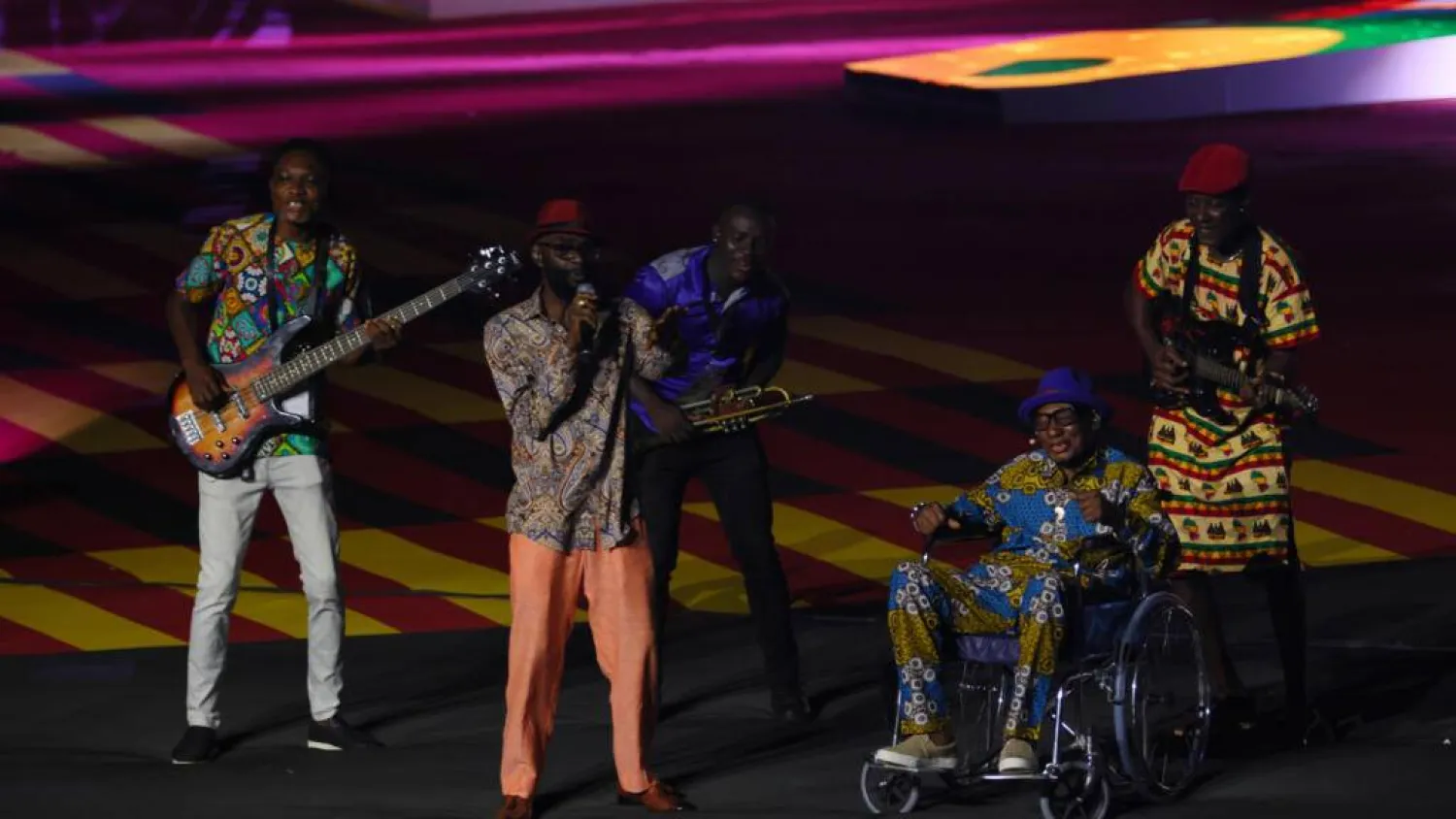The Maskoon Fantastic Film Festival concluded in Beirut with the film “Shapes” by Tunisian director Youssef Chebbi. This work, which combines imagination and reality, is Chebbi’s first feature film, and it is scheduled to screen in Lebanese theaters as of January 2023.
The film, hosted by Cinema Montaigne at Beirut’s French Cultural Center, focuses on one of the most significant symbols of Tunisia’s revolution in 2010, Mohamed Bouazizi, who set himself alight and was the spark of the revolution. The director builds events enhanced with imagination and fantasia, using the Bouazizi story and fire that burns several characters on the way to freedom and salvation.
On the other hand, Chebbi tries not to limit his story locally by linking the Tunisian situation to what is happening around the world. He also raises many questions about the accomplishments of the Tunisian revolution and the instability in the country since its eruption.
The 90-minute film tells the story of Fatima (Fatima Ussifi) and her colleague, “Batal” (Mohammed Hussein Korei) who discover a burned body at a construction site in one of Carthage Gardens’ buildings.
The investigation of this mysterious case and another one that follows it starts, then Fatima and Batal manage eventually to solve the mysteries of the first one. The film features critical investigations that take the audience into a weird, ambiguous world of exciting events that captures the spectators’ attention from the beginning until the end, when the truth unfolds.
“Shapes” won a grant from the Red Sea International Film Festival that helped complete it, Chebbi told Asharq Al-Awsat. The film was shot in Tunisia around a year ago, in a massive residential complex known as “Carthage Gardens”, in which construction works stopped due to the revolution, and then resumed later. But why Chebbi chose this site for his film? “I chose it because it’s directly linked to Tunisia. It is a residential compound that was supposed to simulate the buildings of Dubai, and fulfill the dream of the old ruling class that ended with the revolution. In addition, the compound has a maze-like layout that I wanted the audience to enter during the film,” he replied.
Chebbi describes his film as “a dream that came true”. “I always wanted to make a film that combines fantasia with reality. It’s the kind of movies that we don’t see often in the Arabic cinema, especially in Tunisia,” he added.
When asked whether it was a tough challenge, he said: “the real challenge is choosing the movie’s topic and convincing the audience with its idea. People have watched exciting thrillers and understood them easily, but in “Shapes”, it’s different, because it is based on a universal idea that I tried hard to make it close to reality.”
Chebbi speaks about the Arabic cinema but focuses on the Tunisian works especially those made and distributed outside Tunisia, like in Paris. “I feel that the Arabic cinema has started to separate from reality and to head towards another world that explores imagination.” Would this affect our Arabic identity? “Not at all, on the contrary, I believe it will enrich and boost our culture.”
The talents working in the Saudi cinema industry caught the attention of the young Tunisian director. He liked their ideas, and met some Saudi scriptwriters including the mind behind “The Last Visit” film. “The Saudi cinema has great human energies that are ditching the traditional ideas, and I like that. The kingdom is ready today to make unique and exceptional cinema productions as long as they are based on good ideas,” he said.
The “Shape” film partook in several festivals including Cannes, Marrakesh, Toronto, Red Sea, and Maskoon in Lebanon, and won the “Critics” and “Best Music” awards at the Montpellier Mediterranean Film Festival.
Chebbi says he’s happy with the feedback. “The film attracted both the Arab and foreign audiences. This makes me so happy,” he noted.









